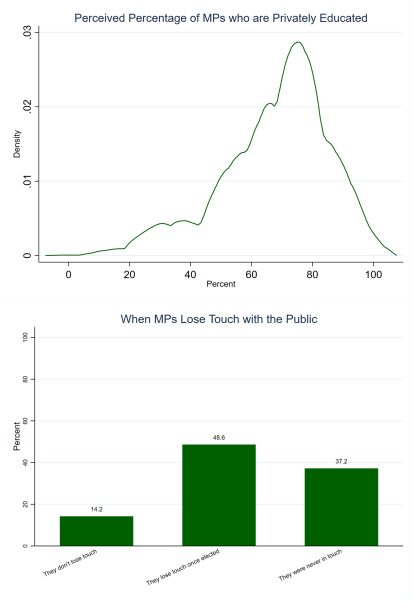Welcome to the website for the British Academy funded project, Capital, Privilege and Political Participation in Britain and Beyond. Here you will find the publications and data from the project, which focuses on how wealth, social connections, cultural tastes and pastimes, and perceptions of privilege relate to political activity and views of elected representatives.
-
Subscribe
Subscribed
Already have a WordPress.com account? Log in now.

